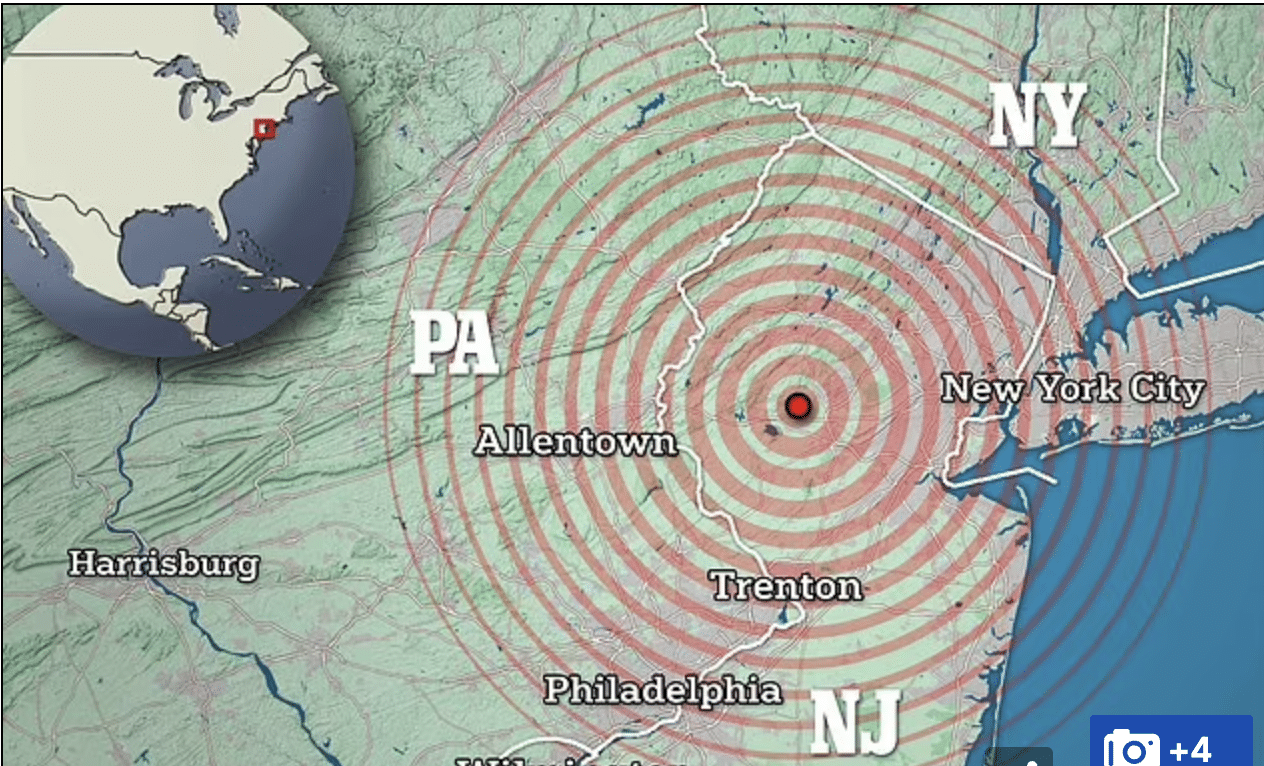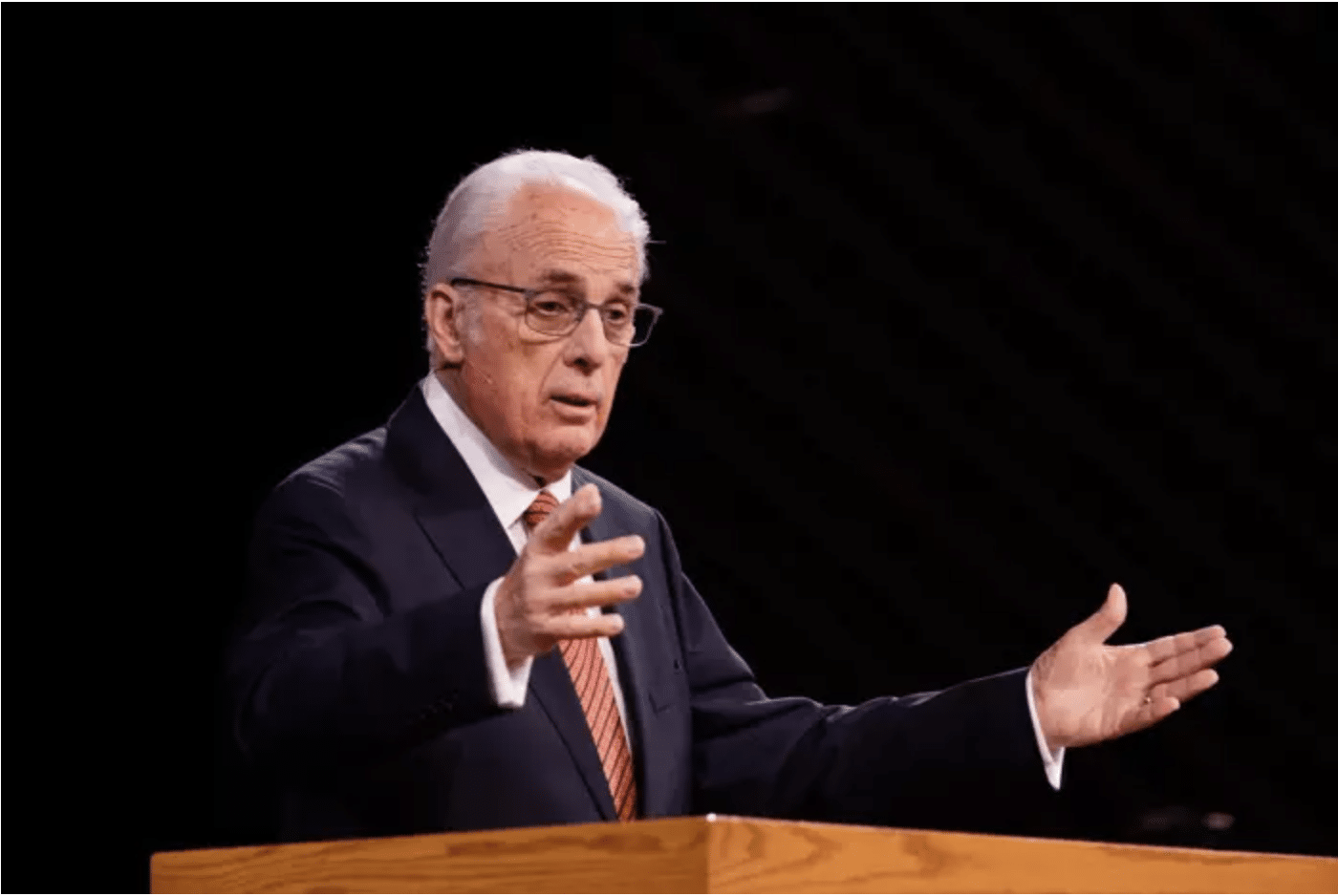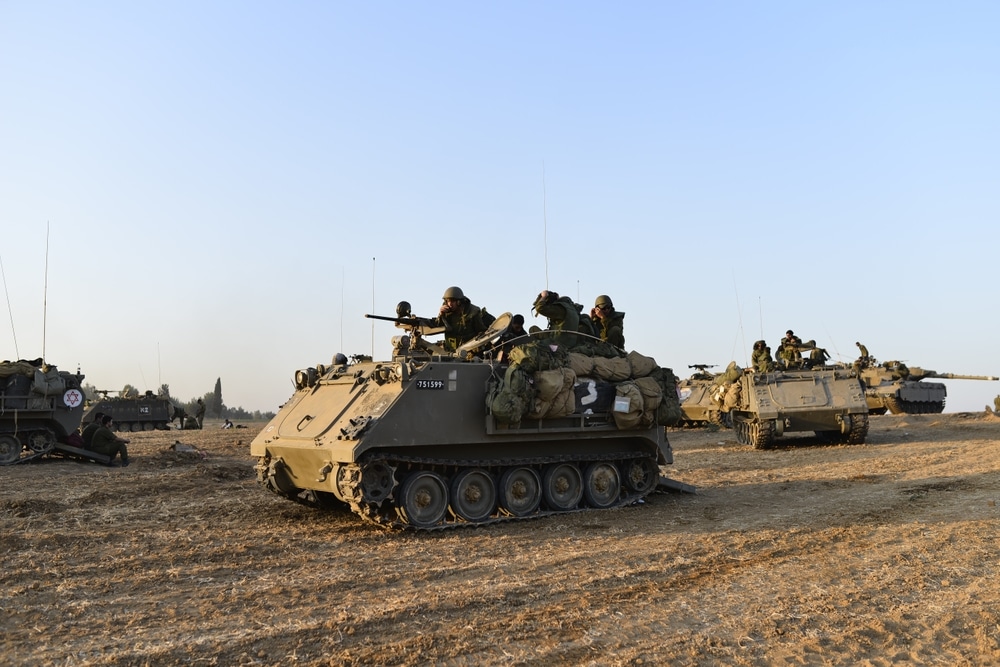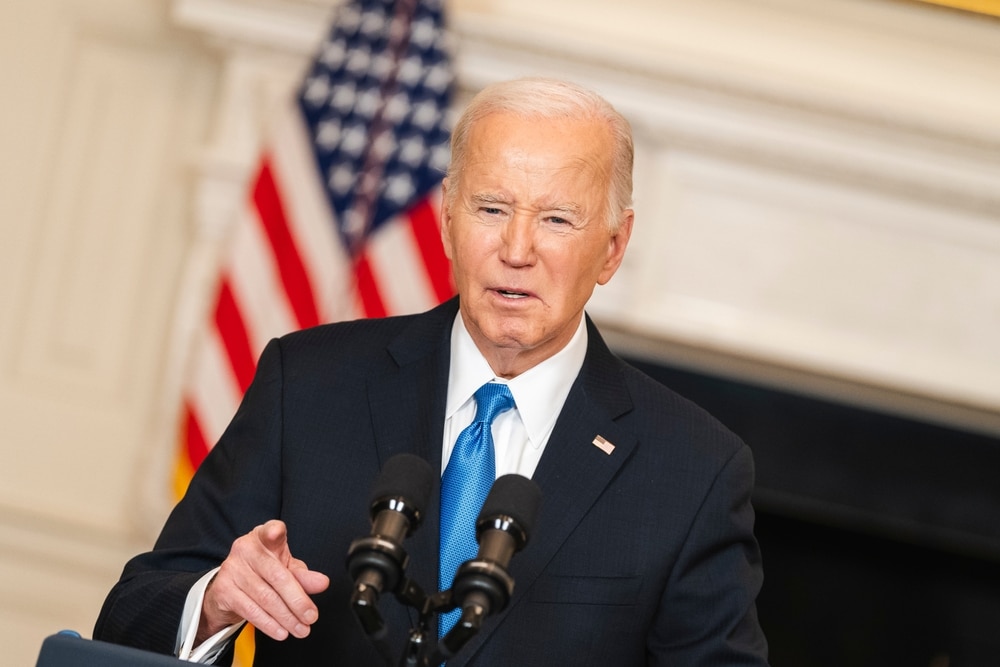As Beijing and Washington move gingerly toward restoring high-level exchanges, Xi Jinping is stepping up his effort to gird China for conflict.
According to the WSJ, Since late last month, the Chinese leader has twice urged the nation to prepare for what he described as extreme scenarios or conditions—trotting out a phraseology implying the possibilities of escalating tensions as the competition between the U.S. and China intensifies.
At a top-level meeting focused on national security on May 30, the Chinese leader said, “We must be prepared for worst-case and extreme scenarios, and be ready to withstand the major test of high winds, choppy waters and even dangerous storms.”
A week later, Xi extended that concept to the economic arena. While inspecting an industrial park in Inner Mongolia, Xi said efforts to build up the domestic market are aimed at “ensuring normal operation of the national economy under extreme circumstances.”
The comments come as Secretary of State Antony Blinken is planning to travel to China this month as part of the efforts by both governments to rebuild lines of communication derailed by a suspected Chinese spy balloon flying over the American heartland early this year.
The warnings about extreme conditions running parallel with the effort to mend ties with Washington suggest Xi isn’t letting up on efforts to ringfence the economy and the country against prolonged tensions with the West.
Liu Pengyu, spokesman at the Chinese Embassy in Washington, said Xi has made it clear the two sides should work together to ensure that the bilateral relations “move forward on the right course without losing direction or speed, still less having a collision.”
The Biden administration wants to establish guardrails around the bilateral relationship to prevent it from evolving into outright conflict. Beijing, on the other hand, appears less interested in the specifics than in the general principles underpinning the relations. In particular, China wants to make sure the U.S. doesn’t cross red lines on matters China considers off limits, such as Taiwan.
Xi, whose political status rivals that of Mao Zedong, shares Mao’s penchant for terms or statements that dramatize perceived foreign threats as a way to secure power. He has mentioned external risks before but the recurring reference to extreme conditions, which came after Xi lashed out at the U.S. for seeking to suppress China’s rise at the legislative session in March, raised new alarms.
Jin Canrong, an influential foreign-policy scholar, didn’t mince words about his interpretation, telling the Global Times, a nationalist newspaper under the Communist Party, that the extreme scenarios Xi referred to mean “the danger of war.”
Bill Bishop, author of the China-focused newsletter Sinocism, noted that Xi’s use of language represents “a significant upgrading of the sense of risk, peril and the need to prepare.”
Having secured an unprecedented third term in power in October, Xi has time and again signaled that China’s relations with the West—the U.S. in particular—could become much choppier, indicating that a main development goal for the next five years is to build a geopolitically resilient economy that is much less dependent on foreign markets and technology.
According to Express, The US government is reported to be currently organizing the evacuation of Americans living in Taiwan. According to themessanger.com, a senior US intelligence person who spoke on the condition of anonymity because they were not authorized to disclose the strategy, reported this evacuation planning has been ongoing for at least six months and has significantly increased over the last few months.
The official explained to the US outlet that the preparations have been prompted by a heightened level of tension, citing factors such as the visible build-up of forces and China’s alignment with Russia concerning the situation in Ukraine. They also stressed that these developments are not beyond what is already reported in the news.
themessanger.com reported that a source with knowledge of the situation told them that the Russian invasion of Ukraine in February 2022 was a major factor in the planning for the evacuation.
The source claimed that Ukraine “Ukraine drove a relook at what the plans were”. The U.S. government has not released any announcements to the public, although Lt. Col. Martin Meiners is reported to have said when approached, “We do not see a conflict in the Taiwan Strait as imminent or inevitable.”
Meanwhile, officials announced on Tuesday that senior diplomats from China and the United States engaged in “candid and productive” discussions in Beijing, reaching an agreement to maintain open lines of communication in order to prevent tensions from escalating into conflict.
The visit of Daniel Kritenbrink, the Assistant Secretary of State for East Asian and Pacific Affairs, on Monday marked the highest-ranking U.S. official to visit China since tensions between the two nations intensified following the downing of a Chinese spy balloon over the United States in early February.
In response to the incident, U.S. Secretary of State Antony Blinken postponed his planned trip to China, and Beijing has largely been hesitant to engage in official exchanges. However, during a forum in Singapore over the weekend, top defense officials from both the U.S. and China had a brief interaction.

















